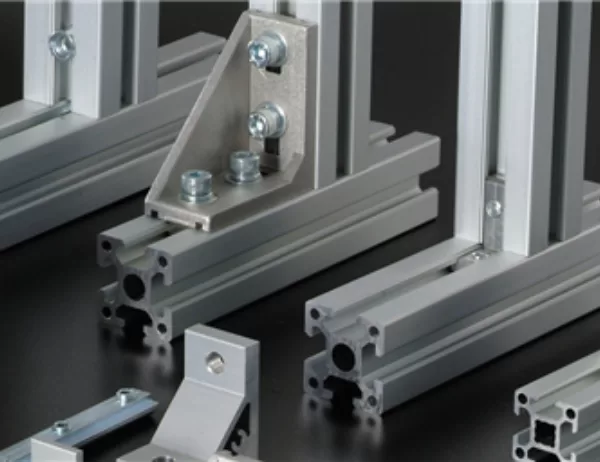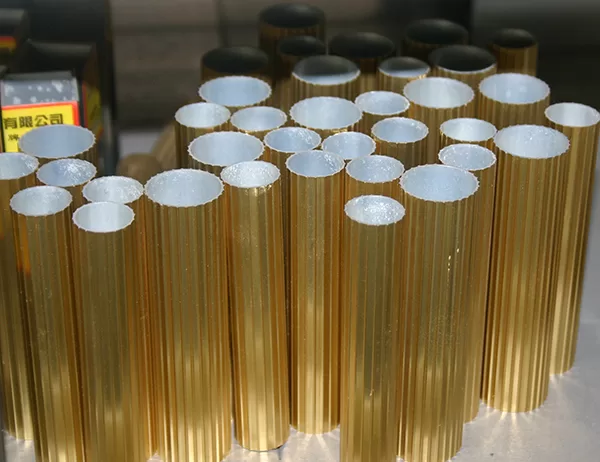Aluminum tubes are widely used in various industries due to their lightweight, durability, and corrosion resistance. As a buyer, it is essential to evaluate the quality of aluminum tubes from different suppliers to ensure that you receive the desired products for your specific applications. Here are several key factors to consider when evaluating the quality of aluminum tubes:
Material Composition and Properties
The material composition of aluminum tubes significantly influences their properties and performance. ASTM International (formerly the American Society for Testing and Materials) has established standards for various aluminum alloys and their corresponding mechanical properties. When evaluating aluminum tubes, request a material certificate from the supplier to verify the alloy composition and its compliance with relevant standards. Additionally, inquire about the temper of the tubes, which refers to the work hardening process that affects their strength and hardness.
Dimensional Accuracy and Tolerances
Dimensional accuracy is crucial for the proper fit and functionality of aluminum tubes. Ensure that the supplier provides detailed specifications for the tube dimensions, including the outer diameter, wall thickness, and length. Verify the supplier’s capabilities to meet your required tolerances and request a sample batch for inspection before placing a large order. Precision measuring equipment, such as calipers and micrometers, can be used to check the dimensional accuracy of the tubes.
Surface Finish and Appearance
The surface finish of aluminum tubes is important for both aesthetic and functional reasons. Inspect the tubes for any scratches, dents, or other surface imperfections that could impact their performance or durability. The surface finish should be smooth, uniform, and free from defects. The supplier should provide information about the surface treatment methods used, such as anodizing or powder coating, and their impact on the tube’s properties.
Mechanical Properties
The mechanical properties of aluminum tubes determine their ability to withstand external forces and deformations. Request information about the tubes’ tensile strength, yield strength, and elongation at break. These properties indicate the tube’s resistance to stretching, bending, and tearing. The supplier should provide test results or certification to demonstrate that the tubes meet the specified mechanical requirements.
Corrosion Resistance
In applications where aluminum tubes are exposed to corrosive environments, their corrosion resistance is crucial. Evaluate the supplier’s knowledge and experience in providing corrosion-resistant tubes. Inquire about the alloy’s composition and the presence of any protective coatings or treatments. Request test results or industry standards that подтверждают the tube’s corrosion resistance capabilities.
Supplier Reputation and Certifications
The reputation of the supplier plays a significant role in assessing the quality of aluminum tubes. Research the supplier’s history, customer feedback, and industry certifications. Certifications from reputable organizations, such as ISO 9001 or AS9100, indicate the supplier’s commitment to quality control and adherence to industry best practices.
By carefully evaluating the quality of aluminum tubes from different suppliers based on the aforementioned factors, buyers can make informed decisions and select the most suitable tubes for their applications. It is recommended to engage with multiple suppliers, compare their offerings, and request samples for testing before finalizing the order.




